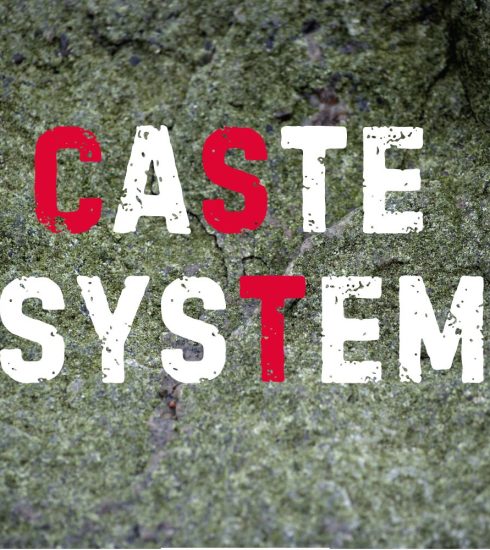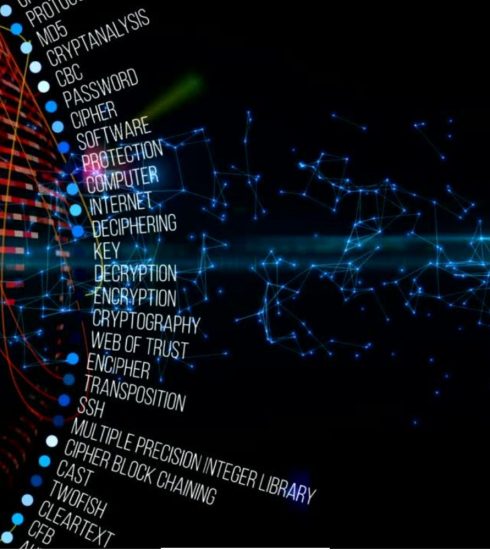The Secret Of Master Cell
In 1964, the Pakistan Army and ISI together created an organization. This organization was named the Student Youth League inside Kashmir. The Student Youth League had two important individuals associated with it. One of them was named Rehmatullah Khan, and the other was Mian Ghulam Sarwar. These two individuals were members and founders of the Student Youth League and received funding from Pakistan’s ISI.
In 1964, ISI told this organization to go to the various universities in Kashmir and present a radical narrative to the students, encouraging them to fight against India. The most important part was to provoke the university students by telling them that, when the time comes, Pakistan will support them, and that they should aim to break Kashmir away from India and join it with Pakistan.
In 1964, the Student Youth League became a significant entity that launched a small radicalization campaign, which spread throughout the Kashmir Valley day by day. This is important for you because, generally, the people of India believe that terrorism in Kashmir was initiated by Pakistan only in 1990. This belief is entirely wrong. In today’s discussion, you will learn that this jihad did not start in 1990; it had been ongoing since 1947. There were different phases of this jihad, and the Student Youth League was one such phase.
In 1964, another important event took place when Jawaharlal Nehru passed away. After his death, the biggest thing that happened was that Pakistan believed that now that Jawaharlal Nehru was gone, whoever would come next would not be as globally recognized. Lal Bahadur Shastri became the next Prime Minister of India. Shastri Ji was a very popular leader domestically, but it was evident that his international influence was not as strong, as he was more focused on domestic issues.
The most significant development was that Pakistan began to think that Shastri Ji might be a weak leader and that even if any activity against Pakistan occurred, he would not be able to stop it. After Shastri Ji came to power, Pakistan’s strategy was to further promote the Student Youth League by providing more money. Along with the money, it was also decided that they would now supply arms and ammunition to this organization.
The objective in Pakistan’s mind was that after Nehru’s death, during Shastri Ji’s tenure, if they could create such a situation in Kashmir where the Kashmiri population could be incited, then they would be able to create a rebellious atmosphere in Kashmir. Then, with the support of their military, they could break Kashmir away from India and annex it to Pakistan.
The Student Youth League, which had been operating before Nehru’s death, now needed a new objective and task after his passing. This is why a few months after Nehru’s death, Pakistan disbanded the Student Youth League and, under the leadership of Mian Ghulam Sarwar, created a new organization. Mian Ghulam Sarwar was told that the new organization he would lead would be named the Master Cell. The Master Cell was not something entirely new; it was essentially a renamed version of the Student Youth League. The difference was that while the Student Youth League was only inciting university students in Kashmir, the Master Cell would now undertake a larger mission.
The objective of the Master Cell was to acquire arms and ammunition from Pakistan and give the message to the people of Kashmir that Pakistan stood with them. The Master Cell created several sub-organizations. The first was the Student Cell, which was tasked with inciting university students and organizing strikes. The second was the Narwara Cell, whose objective was to provide arms training to PWD (Public Works Department) employees. The third was the Infiltrator Cell, whose mission was to infiltrate Kashmir and provide shelter to terrorists under the Master Cell.
However, the entire plan was thwarted by India’s Intelligence Bureau. Under counter-terrorism and counter-intelligence operations, India’s Intelligence Bureau dismantled the Master Cell, rendering it completely ineffective. Through this discussion, it should now be clear to you that Pakistan did not start jihad in Kashmir in 1990; it had been active since 1947 in different phases, with different organizations carrying out various activities. The Master Cell was one such important phase, of which the citizens of India were largely unaware. We hope that after watching this discussion, you now have clarity on how the Master Cell was a crucial phase through which Pakistan aimed to achieve an important objective but ultimately failed.






